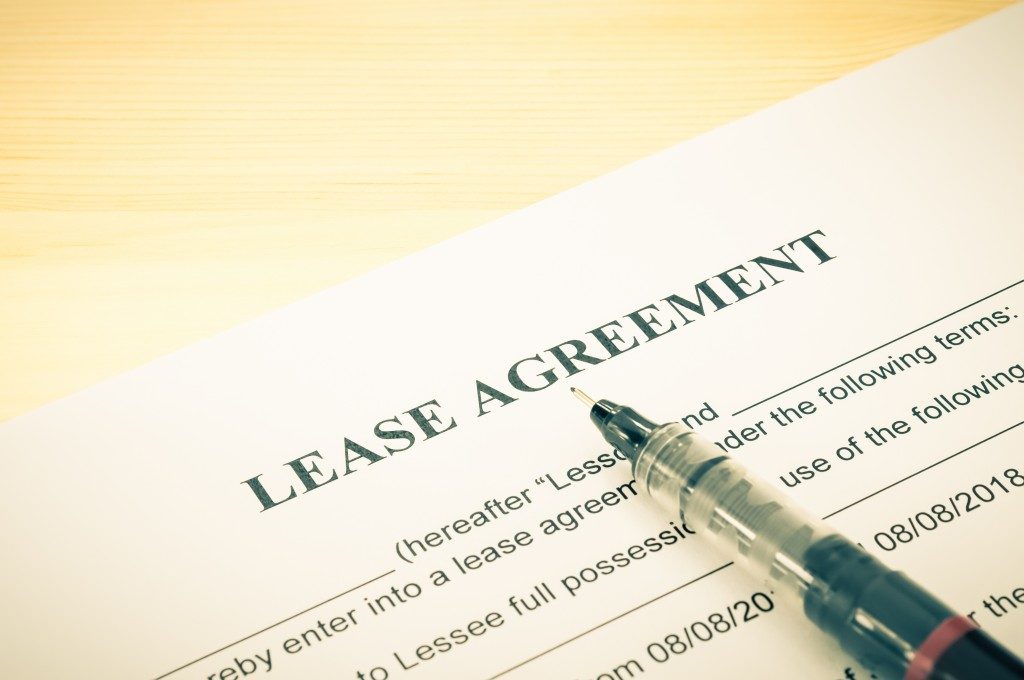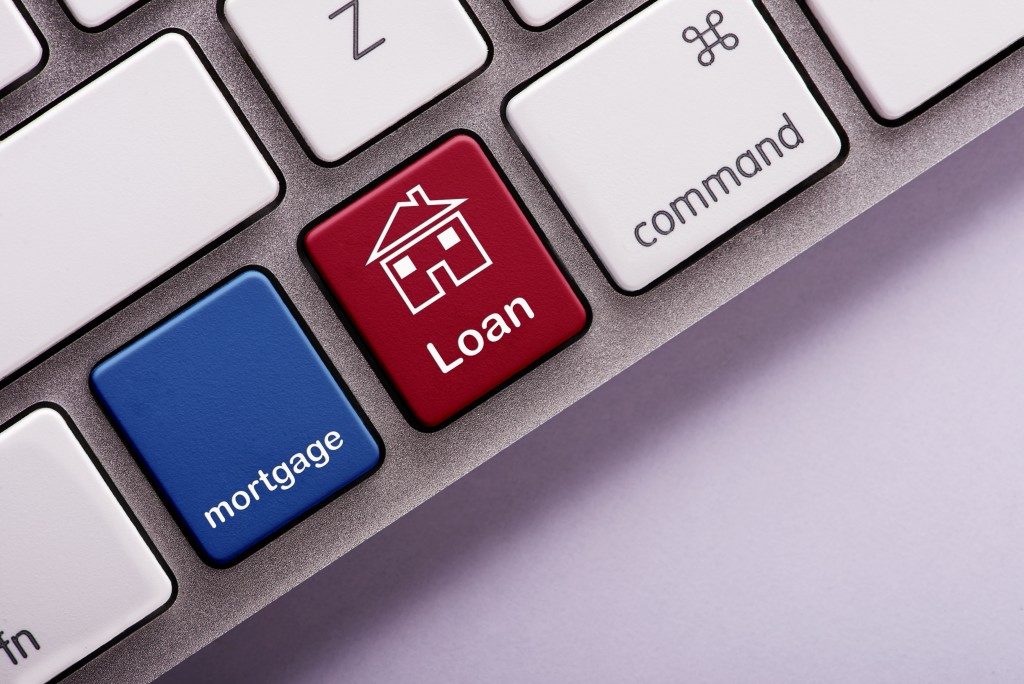Commercial property leasing was valued at $16 trillion in 2018. The real estate business has indeed rebounded following the 2008 collapse of the housing market. But is leasing a residential property the same as leasing a space for business? If you’re thinking of renting out a space for business use, the first thing that you need to know is that it’s not the same as leasing a home to a family or a couple or a young and single professionals. If you’re planning on leasing for commercial purposes, the following discussion serves as a useful guide:
Bigger Responsibility
You’re serving companies and businesses that also serve their end customers. So by extension, you have a greater responsibility. If your property is not well maintained or isn’t up to specs, they might go to your competitor. There are things that you need to take care of beyond commercial property cleaning services. If it’s an office space for a company requiring particular technical specifications, you need to make sure that your property is up to date with those specifications, which include, among others, environmental and safety standards. You stand to lose business if your facility is not updated.
State of the Market
One of the first things that you need to do is determine how the real estate market for businesses is currently performing. Are all office spaces being rented out? How fast do tenants change? Do landlords have the same price range, or do they vary significantly?
The price per square footage can also differ depending on business space, e.g., a typical office space would be priced differently than a warehouse. You need to do a thorough research of the market. Your pricing needs to be competitive enough to attract potential renters.
Are You Open to All Kinds of Lease Agreements?
Bars, clubs, bookstores, or a sandwich bar are different kinds of businesses. You need to think about all these possibilities. The different categories of commercial leases include office space, retail store, restaurant, industrial building, warehouse, and multi-use building. Figure out what each of these categories means in terms of the build and technical specification for your property.
Understand Zoning Laws
If you just purchased a property somewhere in the middle of town or just outside the city limits, know that the city or state government is enforcing zoning laws. Zoning means regulating business operations based on the location in the city. Some areas are designated “for residential use only” and some as “for business use only.” Before you starting renting out to businesses, make sure that your property indeed lies in the allowed zone.
Seek Help of Experts

Leasing comes with it plenty of asset management work. You will need help in navigating a variety of issues related to a business lease, like a market reaction to the price change, maintenance requirements, ensuring building compliance with regulation, as well as the trend in the industry in general.
Taxes and Financial Process
Being a landlord and leasing property is just like any business. You must always be on top of your finances and your tax responsibility with the IRS. Consider hiring an accountant, even on a retainer basis. You would need to consult with this person regularly to protect your business.
There are gross leases or net leases or percentage leases. There’s plenty more to know, but these key ideas will set you on the right path to becoming a landlord.




